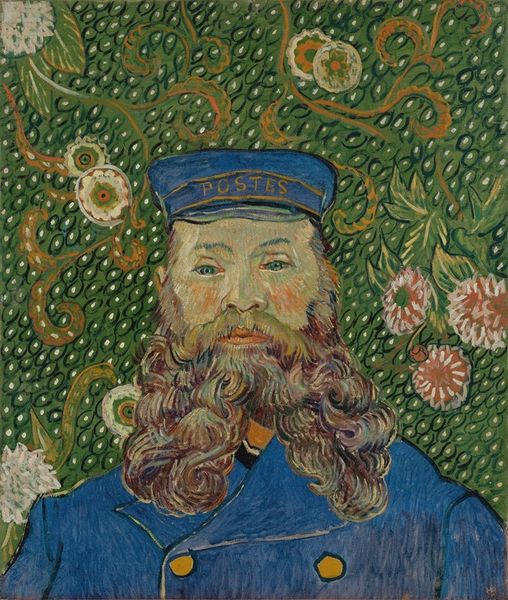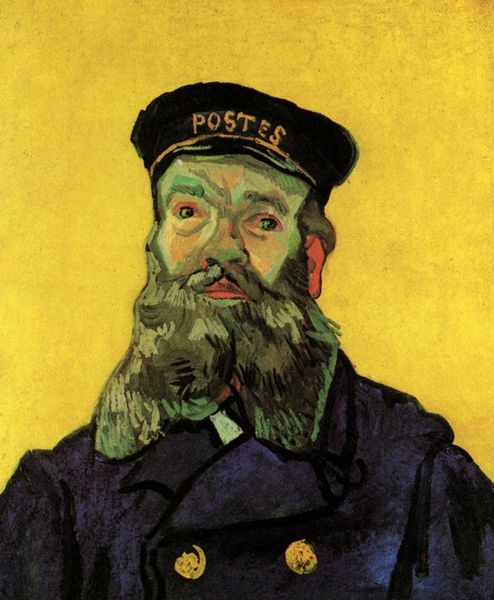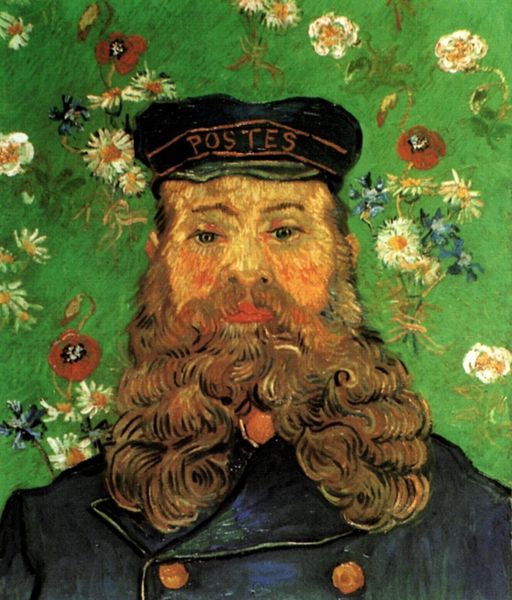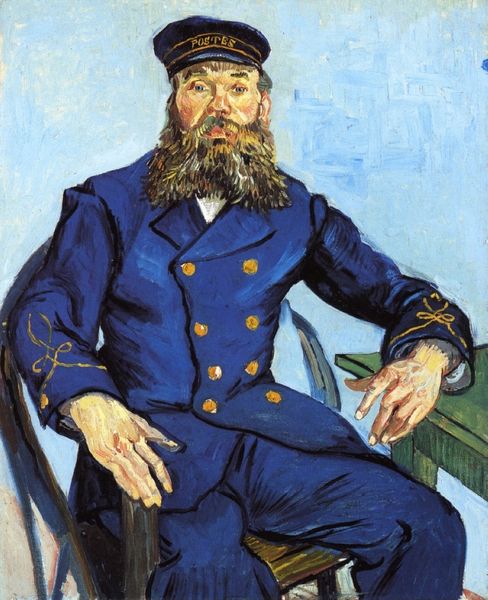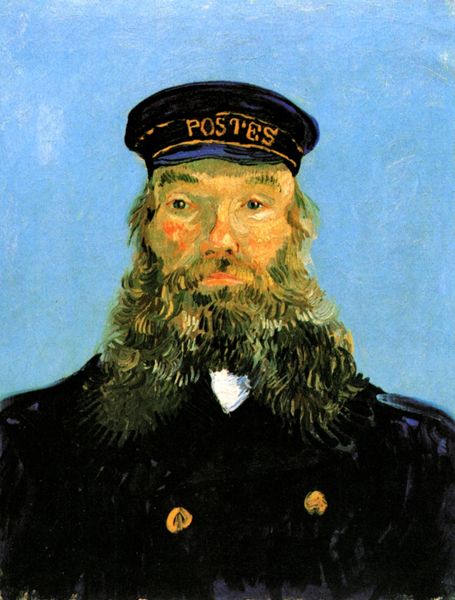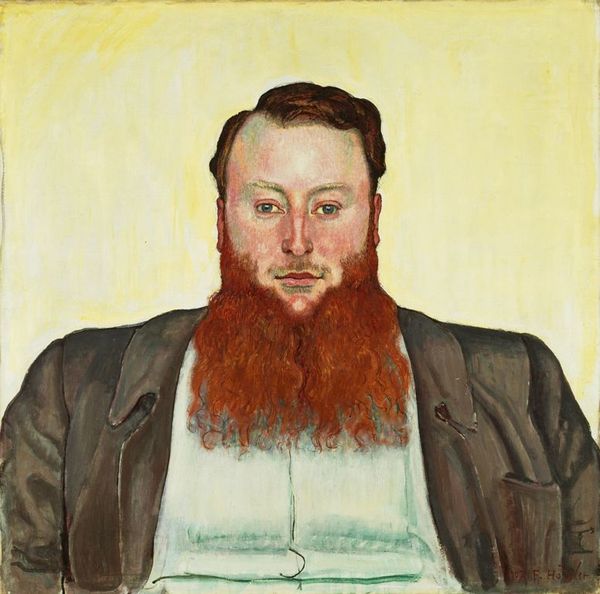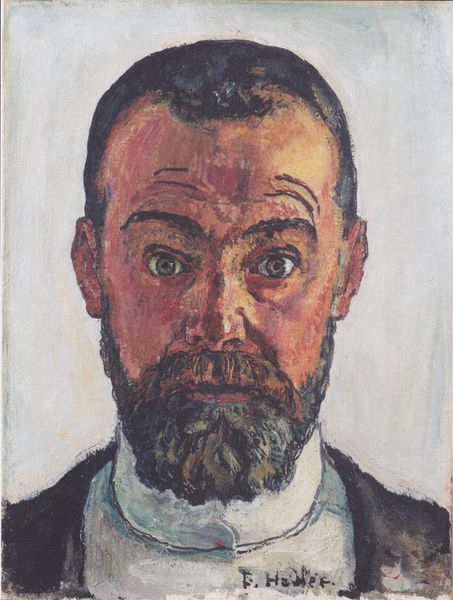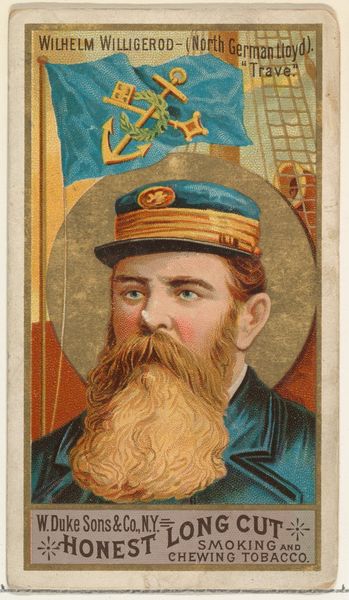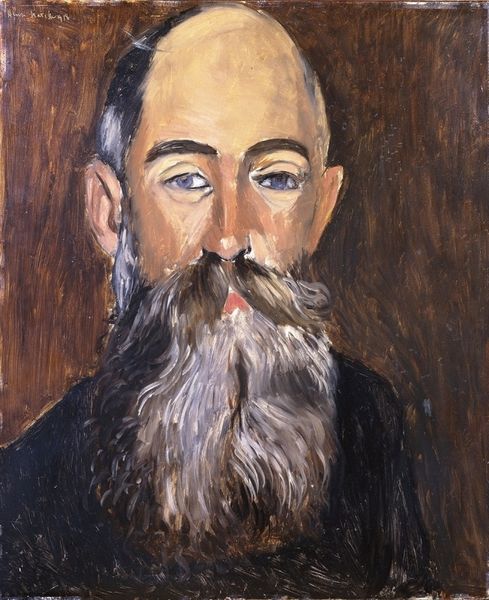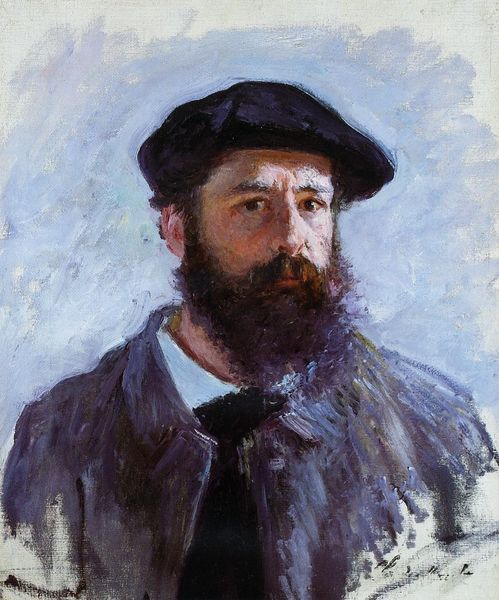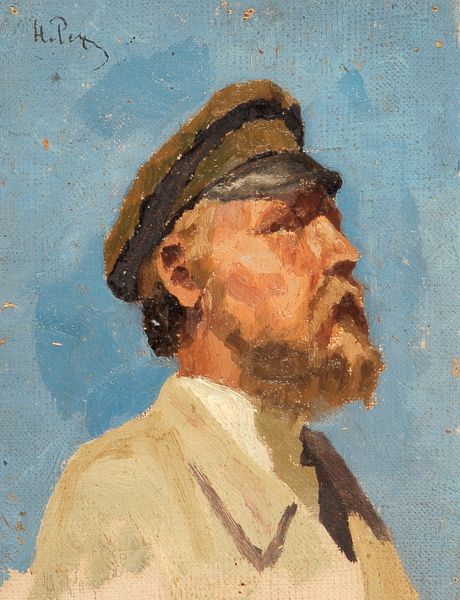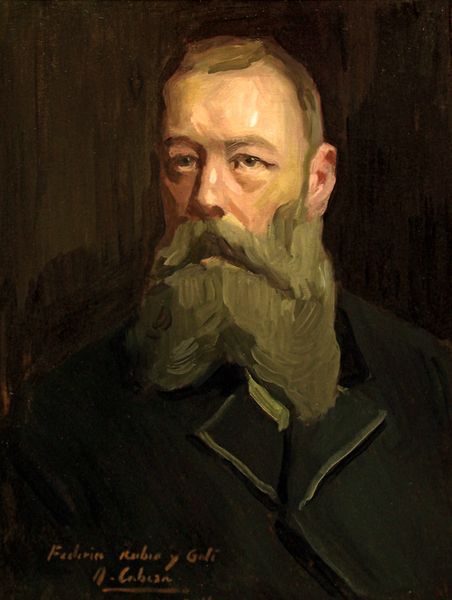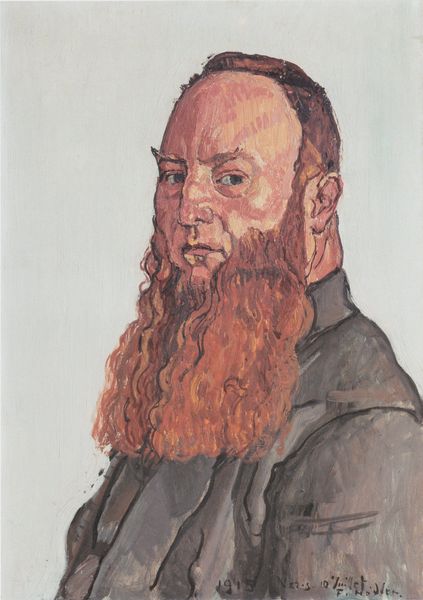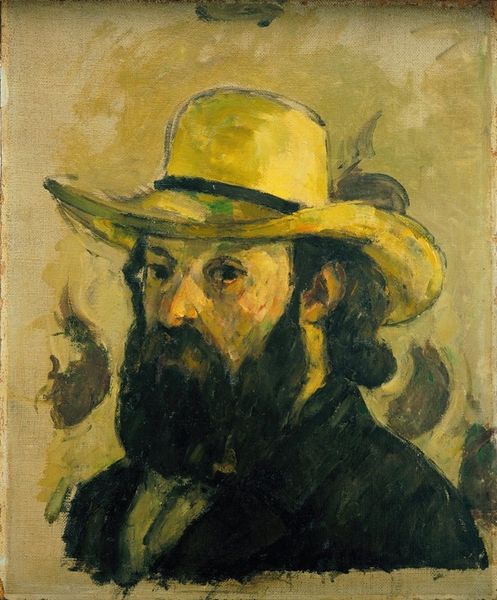
oil-paint, impasto
#
portrait
#
oil-paint
#
landscape
#
oil painting
#
impasto
#
male-portraits
#
naive art
#
genre-painting
#
post-impressionism
#
modernism
Copyright: Public domain
Vincent van Gogh painted "Joseph-Etienne Roulin" sometime around 1888 using oil on canvas. Van Gogh, an outsider himself, found in Roulin, a postal worker, a worthy subject for his art. Roulin, in his uniform, represents the working class of late 19th century France. Van Gogh painted Roulin and his family multiple times, developing a deep connection with them. It is through these portraits that the emotional landscape of working-class lives is revealed. Van Gogh's decision to depict Roulin against a backdrop of vibrant, almost clashing colors, challenges traditional portraiture, reflecting his own unique approach to art and identity. The swirling patterns and bright hues might be understood as an expression of Roulin’s inner world. It humanizes a man who would otherwise be overlooked. "It seems to me that instead of reproducing exactly what I have before my eyes, I use color more arbitrarily so as to express myself forcibly," Van Gogh once said. In this deeply personal portrait, Van Gogh elevates the ordinary to the extraordinary, transforming the postman into a figure of dignity and quiet strength, reflecting the broader societal shifts of his time.
Comments
No comments
Be the first to comment and join the conversation on the ultimate creative platform.
